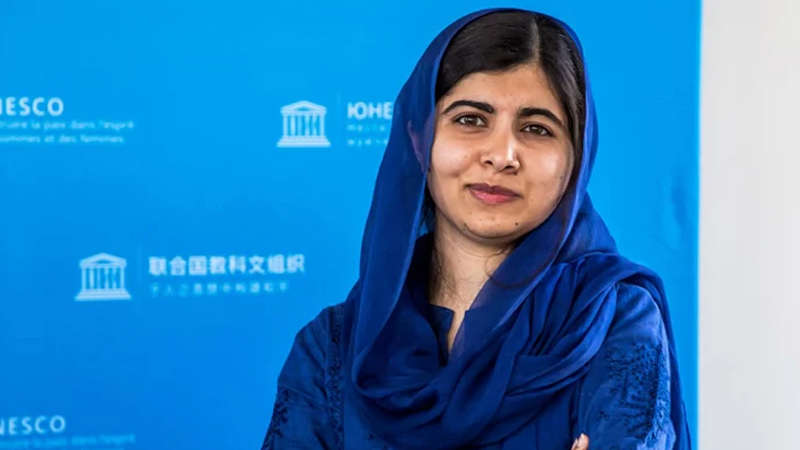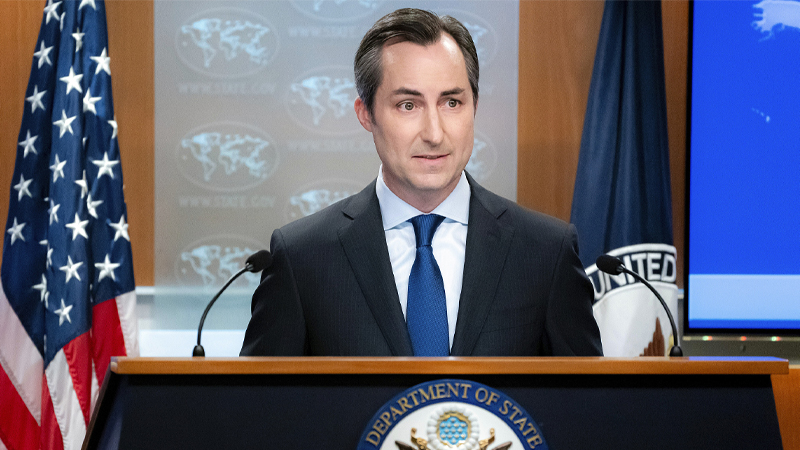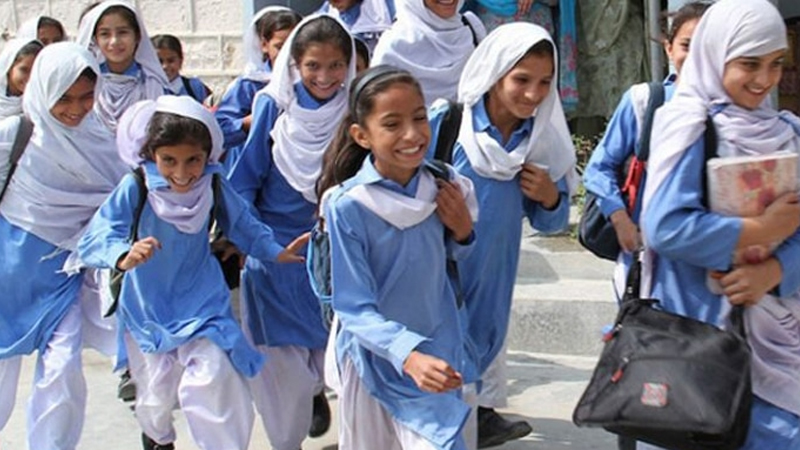Pakistan’s Nobel laureate Malala Yousafzai has reiterated her call for a ceasefire in Gaza, as Israel’s ongoing military campaign continues to claim the lives of thousands of innocent civilians.
The situation escalated dramatically following heart-wrenching footage from Rafah last week, where an Israeli strike killed more than 40 people, including children. This incident sparked global outrage, but despite the International Court of Justice’s ruling to halt the offensive, Israel has persisted with its assaults on Rafah.
In a recent interview with Vogue, Malala expressed her deep sorrow and concern over the current crisis. “This is such a difficult time right now, especially because of what’s happening in Gaza, and especially this week, what we saw in Rafah,” she said. “It is heartbreaking and terrifying to have witnessed these moments. People are so angry and can’t believe this could happen right in front of our eyes.”
Malala, renowned for her advocacy in education and human rights, reflected on the plight of Palestinians in Gaza. She admitted she could hardly fathom the extent of the atrocities and the suffering. “For me at this time, I feel like humanising people is so important. It’s one of the biggest challenges we face. Oftentimes, when we look at conflicts, wars, oppression against people, it always begins with dehumanising another group,” she stated.
‘Dehumanised’
“I want people in Palestine not to be dehumanised. I want people to see those children as humans. They need a ceasefire, they need humanitarian aid, they need peace. Everyone deserves that. Everybody wants a life where they can play sports, watch TV, go to school,” Malala emphasized.
Highlighting the severe impact on education, she lamented that over 80% of schools in Gaza had been bombed, with no universities left intact. “This indiscriminate bombing needs to stop,” she urged.
Despite the grim situation in Gaza, Malala also shared a lighter note from her life, mentioning her upcoming guest appearance on the British sitcom “We Are Lady Parts.” She expressed that while deeply saddened by the events in Gaza, she also finds solace in contributing to positive representations of Muslim girls on screen.
“… [it] is important because it helps us to see the stories of these Muslim girls, and to connect with them and relate to them,” she explained. “I hope that we get to hear more stories of people from Gaza, from Afghanistan, and from other parts of the world, and that we use all that we have in our capacity, in public and in private, to do all we can to be a voice for the people in Gaza.”
As the conflict continues, Malala’s call for a ceasefire and humanitarian aid resonates with many, underlining the urgent need for peace and the protection of innocent lives in Gaza.











Leave a Reply